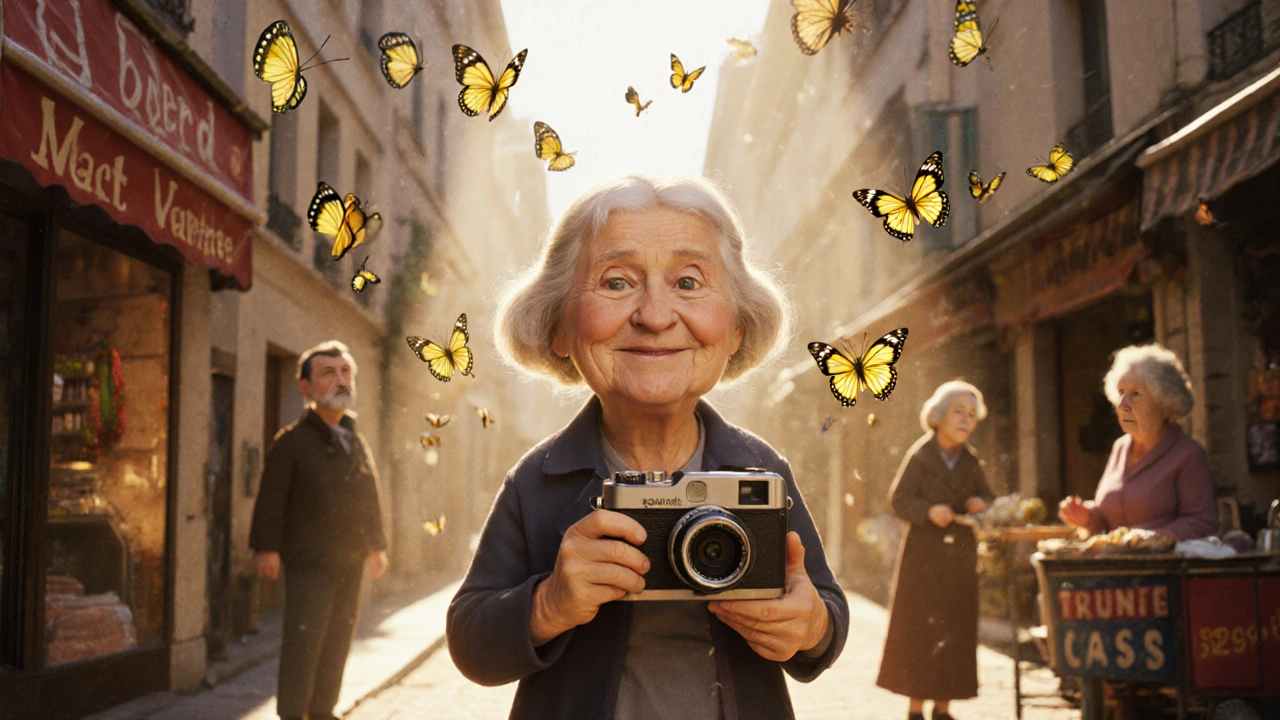Feminist Cinema: Films That Challenge Gender, Power, and Storytelling
When we talk about feminist cinema, a movement in film that centers women’s experiences, challenges patriarchal norms, and reclaims narrative control. Also known as women’s cinema, it’s not just about having female leads—it’s about who writes, directs, funds, and edits the story. Feminist cinema flips the script. It asks: Whose pain gets shown? Whose joy gets celebrated? And who gets to decide what a woman’s story looks like?
It’s not just about female filmmakers, women who direct, write, or produce films with intentional focus on gender equity and representation—though they’re essential. It’s also about gender in film, how power dynamics, stereotypes, and visual language shape our understanding of women on screen. Think about the difference between a woman crying because she’s heartbroken versus crying because she’s fighting for justice. One is a trope. The other is truth. And feminist cinema doesn’t settle for tropes.
You’ll find it in the quiet moments and the loud ones—in the way a character refuses to smile when expected, in the camera lingering on her hands instead of her face, in the soundtrack that doesn’t swell to make her feel pretty but makes her feel powerful. It’s in the women-led stories, narratives built around female agency, complexity, and autonomy without needing male validation, like the shift from Pretty Woman’s rescue arc to Barbie’s full rebellion. It’s in the films that don’t ask permission to exist.
And yes, it’s also in the rom-coms. Not the ones where the girl gets the guy by changing herself—but the ones where she gets everything by staying herself. Feminist cinema doesn’t need a manifesto. It just needs to be seen. Below, you’ll find real films, real conversations, and real shifts in how stories about women are told. No fluff. No filters. Just the work that’s changing the game.
Agnès Varda redefined cinema by blending documentary, essay, and feminist storytelling with playful, intimate filmmaking. Her work broke rules, centered women, and inspired a new generation of filmmakers.
View More

